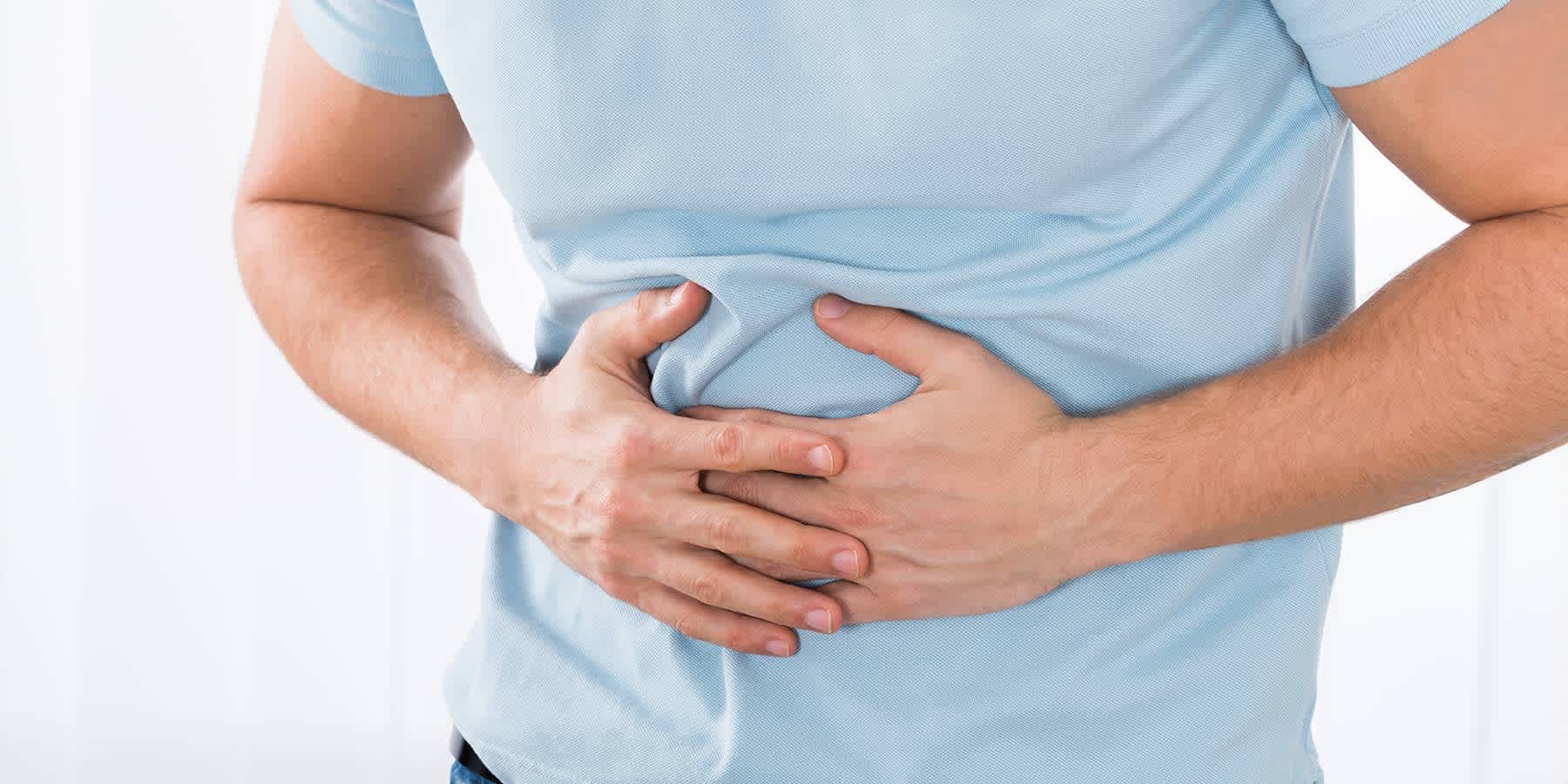What are the characteristics of fat vs bloating?
What are the characteristics of fat vs bloating?
Blog Article
Understanding the Distinction In Between Bloating and Fat: an Essential Overview for Digestive Health
Understanding the distinction between bloating and excess body fat is vital for any person concerned with digestive wellness. While bloating presents as a short-lived and commonly uneasy condition, typically connected to dietary habits or digestive system disturbances, body fat represents an extra long-term change in one's figure. This differentiation is not merely scholastic; it carries substantial implications for just how individuals come close to signs and therapy. As we check out the subtleties of these two sensations, the significance of identifying their particular reasons and administration approaches ends up being increasingly noticeable. What are the practical actions one can require to deal with these concerns efficiently?
Defining Bloating and Fat
Bloating and fat are 2 distinct physiological phenomena that can dramatically influence an individual's comfort and body picture. Bloating describes the short-lived swelling or distension of the abdominal area, typically come with by pain or a feeling of fullness. This condition may develop from numerous factors, including dietary choices, gastrointestinal problems, or fluid retention. Bloating is normally a temporary event and can rise and fall throughout the day, often resolving with way of life modifications or clinical treatments.
On the other hand, body fat is a much more long-term and steady component of human physiology, primarily functioning as a power get and playing crucial functions in hormone policy and insulation. Body fat is classified right into 2 types: subcutaneous fat, which lies simply under the skin, and natural fat, which borders interior body organs. While excess body fat can result in health complications, it is essential for total bodily functions.

Reasons For Bloating

Additionally, food intolerances, such as lactose or gluten intolerance, can result in bloating when the body struggles to refine certain compounds - bloating and fat. Consuming too swiftly or eating carbonated beverages can additionally exacerbate the problem, as these habits introduce excess air right into the digestive tract
Way of living elements, consisting of stress and lack of physical activity, can better add to bloating by impacting digestive tract mobility. Certain medical problems, such as short-tempered digestive tract syndrome (IBS) or intestinal blockage, might additionally lead to chronic bloating. Comprehending these reasons is essential for successfully taking care of and alleviating bloating, allowing individuals to make educated nutritional and lifestyle choices that support their gastrointestinal health and wellness.
Signs And Symptoms of Bloating vs. Fat
Comparing the symptoms of bloating and excess fat is crucial for understanding one's body and addressing pain successfully. Bloating normally provides as a feeling of fullness or stress in the abdominal area, typically gone along with by visible distension. People might experience discomfort, cramping, or even discomfort, especially after meals. Bloating can also cause extreme gas, resulting in burping or flatulence.
While it might add to a sense of heaviness, it usually does not produce that site the severe discomfort associated with bloating. Instead, excess fat has a tendency to collect slowly, leading to a modification in body form and size over time.

Acknowledging these distinctions is crucial. While bloating is commonly temporary and linked to nutritional aspects or digestion issues, excess fat indicates a more chronic problem needing way of life modifications. Comprehending these signs and symptoms encourages people to seek suitable options tailored to their particular concerns relating to digestive health and wellness and body make-up.
Handling Bloating
Efficient administration of bloating needs a multifaceted approach that attends to both dietary selections and lifestyle routines. Initially, it is important to recognize and get rid of particular foods that may activate bloating, such as those high in fiber, gluten, lactose, or certain fermentable carbohydrates (FODMAPs) Keeping a food diary can aid pinpoint these triggers and overview adjustments.
Integrating smaller, a lot more frequent meals as opposed to big ones can also lessen bloating, as it eases the digestive system process (bloating and fat). Staying well-hydrated is critical, as enough fluid intake aids digestion and helps prevent irregularity, which can add to bloating
Additionally, taking part in routine exercise advertises look at this site gastrointestinal motility you can try here and lowers bloating. Simple exercises, such as walking or yoga exercise, can effectively relieve discomfort. Conscious eating techniques, such as consuming slowly and chewing food extensively, may even more enhance food digestion and limitation air ingesting.
When to Seek Help
Recognizing when to seek clinical aid for bloating is important, as persistent or serious signs and symptoms may suggest an underlying health concern. If bloating is accompanied by added worrying signs and symptoms such as significant stomach pain, unexplained fat burning, rectal blood loss, or constant nausea or vomiting and vomiting, it is crucial to seek advice from a health care professional. These indicators might recommend problems such as irritable bowel disorder, stomach blockage, or perhaps much more significant concerns like cancer.
Additionally, if bloating continues despite dietary modifications or over-the-counter solutions, it calls for additional examination. People with a history of food poisonings should be specifically cautious, as their danger for complications may be greater. In addition, if bloating occurs adhering to the usage of particular foods, it might suggest food intolerances or allergic reactions that demand dietary adjustments or screening.
Verdict
In summary, comparing bloating and excess body fat is critical for gastrointestinal wellness and general health. Bloating, a temporary problem commonly connected to nutritional elements and gastrointestinal concerns, contrasts sharply with the steady buildup of body fat. Recognizing the signs and underlying sources of each can facilitate appropriate administration strategies. People experiencing consistent or serious signs and symptoms should seek expert advice to deal with possible wellness concerns effectively. Recognizing these distinctions is essential for notified decision-making relating to wellness and lifestyle.
Report this page